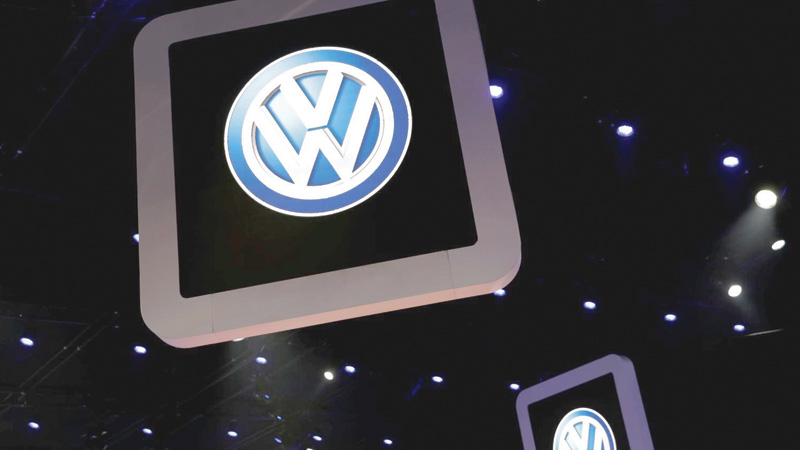

DETROIT/FRANKFURT/BEIJING: Global automakers are planning a $300 billion surge in spending on electric vehicle technology over the next five to 10 years, with nearly half of the money targeted at China, accelerating the industry’s transition from fossil fuels and shifting power to Asian battery and electric vehicle technology suppliers.
The unprecedented level of spending — much of it by Germany’s Volkswagen AG — is driven in large measure by government policies adopted to cut carbon dioxide emissions, and will extend technological advances that have improved battery cost, range and charging time to make electric vehicles more appealing to consumers, according to an exclusive Reuters analysis of public data released by those companies.
China for decades played catch-up to German, Japanese and American automakers, which dominated internal combustion vehicle technology. Now, China is positioned to lead electric vehicle development, industry executives say.
“The future of Volkswagen will be decided in the Chinese market,” said Herbert Diess, chief executive of VW, which has decades-old joint ventures with two of China’s largest automakers, SAIC Motor and FAW Car. Speaking earlier this week to a small group of reporters in Beijing, Diess said China “will become one of the automotive powerhouses in the world.”
“What we find (in China) is really the right environment to develop the next generation of cars and we find the right skills, which we only partially have in Europe or other places,” he said.
Diess added, “We have very clear policies established here in China. Policymakers and regulators are requiring” a shift to electric vehicles.
As China and other countries place more restrictions on conventional gasoline and diesel engines, auto companies have accelerated the shift to electrification. A year ago global automakers said they planned to spend $90 billion on electric vehicle development.
The $300 billion that automakers have earmarked to put electric vehicles into mass production in China, Europe and North America is greater than the economies of Egypt or Chile.
Almost one-third of the industry’s EV spending total, about $91 billion, is being committed by the Volkswagen Group, which is aggressively trying to distance itself from the Dieselgate scandal, which has cost it billions in penalties and legal settlements.
VW’s sweeping electrification plan envisions capacity on three continents to build up to 15 million electric vehicles by 2025, including 50 pure electric and 30 hybrid electric models. Eventually, VW plans to offer electrified versions of all 300 models in its 12-brand global portfolio, which includes Audi and Porsche.
VW’s staggering EV budget dwarfs that of its closest competitor, Germany’s Daimler AG, which has committed $42 billion. In comparison, General Motors Co, the No 1 US automaker, has said it plans to spend a combined $8 billion on electric and self-driving vehicles. — Reuters
Oman Observer is now on the WhatsApp channel. Click here



